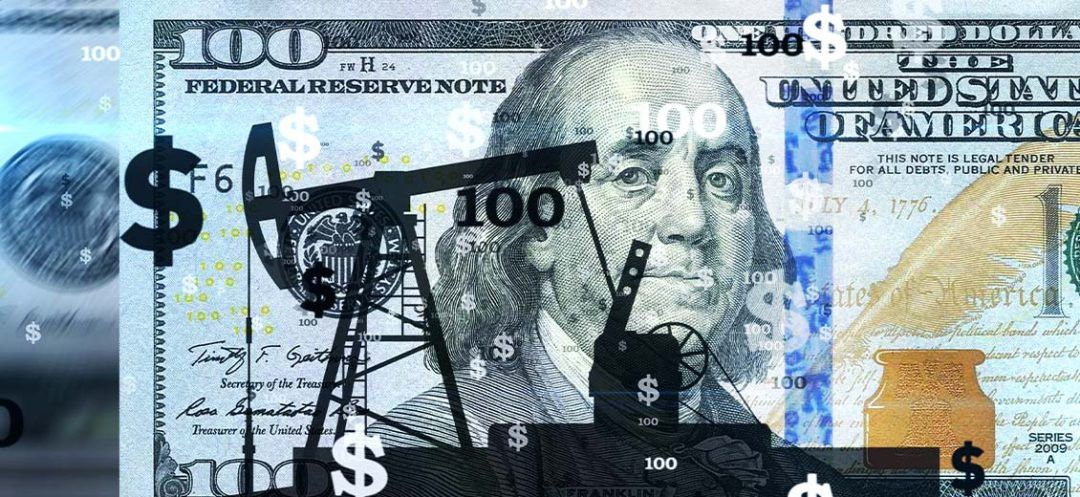
Is this the beginning of the end of the US dollar's hegemony in the world? This is a legitimate question, given Saudi Arabia's refusal to renew its petrodollar agreement with the United States. This half-century-old agreement has made the US dollar a powerful force in the world of finance.
Signed on June 8, 1974, between the United States and Saudi Arabia, the petrodollar agreement created two groups, one dealing with economic cooperation and the other with Saudi Arabia's military needs.
Firstly, the agreement enshrines the "exclusive use of the US dollar" as the currency for the sale of oil by the Wahabi kingdom, the largest producer of black gold in the region and the third largest in the world, after the United States and Russia. And it confirmed the US commitment to meeting all of Saudi Arabia's needs in terms of the most sophisticated military equipment and spare parts.
In this context, many Gulf countries have followed the Wahabi kingdom's lead. A contractual situation - the pricing of oil linked to the dollar - which has required the United States' partner countries to supply their foreign exchange reserves with greenbacks.
The world turns upside down
By refusing to renew the petrodollar agreement, Saudi Arabia now has a free hand to buy and sell black gold, oil derivatives and other raw materials in a variety of currencies, including digital currencies, the yuan and the rouble.
In addition, the Swiss Bank for International Settlements (BIS) has announced that the Wahabi kingdom, via the Saudi Central Bank, has joined the "mBridge" digital currency project launched in 2021 between the central banks of China, Hong Kong, Thailand and the United Arab Emirates, and aimed at speeding up the payment process between member countries, at the lowest possible cost.
Saudi Arabia's behavior takes on its full meaning insofar as the Sino-Russian axis, with a backdrop of an alliance with India, is forcing the United States to overturn a world order that has been in place since the end of the Second World War. A world order in which the US dollar is the undisputed reference currency for international trade.
Will the US dollar be dethroned?
With this in mind, we note that, according to the Russian Prime Minister, over 90% of trade transactions between Russia and China in 2023 will be conducted in yuan and ruble, demonstrating the ambition to abolish the dollar in economic relations between the two countries.
The United States would find it more difficult to draw the weapon of economic sanctions against its detractors and enemies. A whole new payment system and possible sanctions are at stake.
On the other hand, the local currencies of sixty-five countries remain pegged to the dollar, a figure that represents 60% of the world's total currency reserves.
Read more




Comments